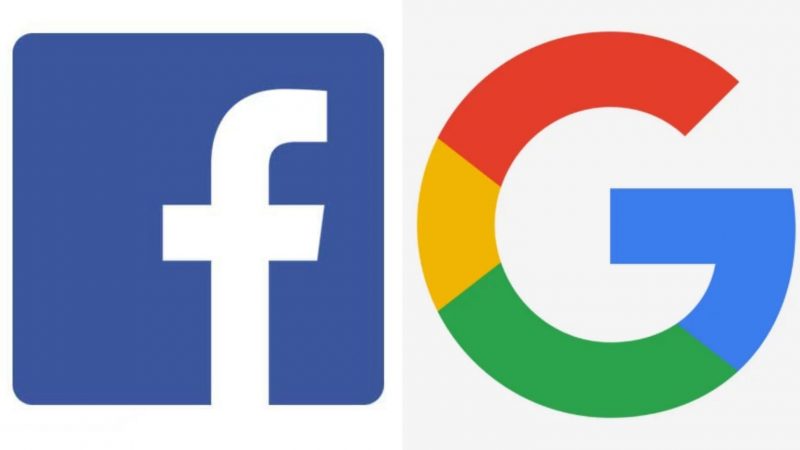Facebook and Google’s responses to the ACCC report are dangerous
The ACCC’s Digital Platforms Report nailed the problems facing consumers and media businesses, explain Free TV’s Bridget Fair and Ross Mitchell. But Facebook and Google lamenting that an expert regulator should have put more time and effort into seeing it their way isn’t only misguided, it’s dangerous.
If you were to read Facebook and Google’s responses to the ACCC’s Digital Platforms Inquiry Report, you’d wonder why policymakers across the globe are worried. Both platforms say there’s nothing to see here, and that, as Australian citizens and local media businesses, we have nothing to fear from the rise and rise of the most dominant companies the world has ever seen.
And then there’s the kicker. If only we understood their businesses, we would know that everything is going to be okay. Every response from Google and Facebook has been laced with comments about how the government needs to better understand or appreciate how they operate. In the normal course of events, it is law-abiding citizens and businesses who have to learn and appreciate the laws of the land. Not the other way around. Their responses are both dangerous, and telling.

“From advertising restrictions to outdated content quotas, we are playing a do-or-die game with one hand tied”
The ACCC’s examination of the impact of Google and Facebook is world-leading. Because while there have been similar reviews undertaken in the UK, when we say the inquiry was world leading, it’s not a glib assertion. This is the first time a competition regulator has gone under the hood and examined the impact of the market dominance of these platforms and then determined what impact that has had on local media businesses and public interest journalism.

